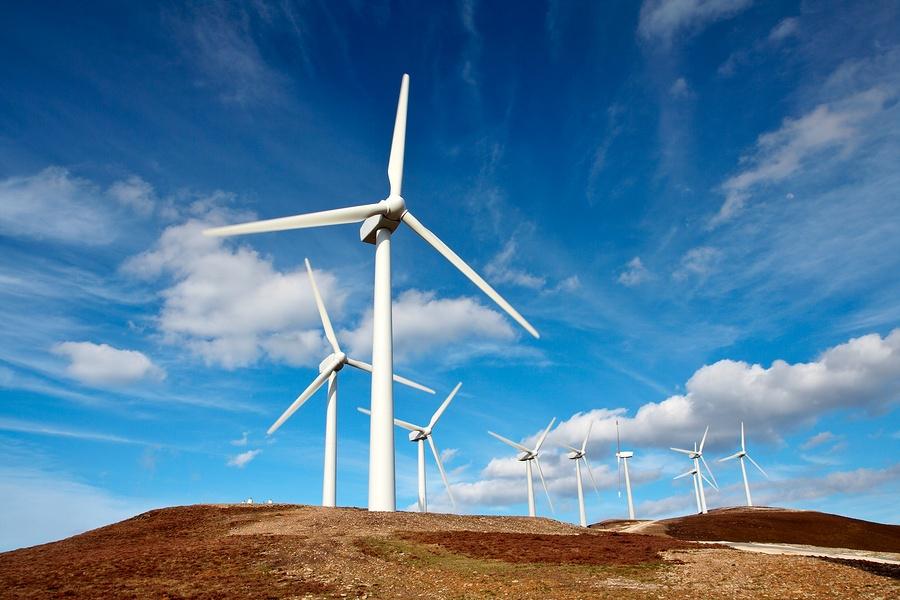The proposed abolition of the Australian Renewable Energy Agency, or ARENA, will result in the loss of jobs in rural Australia, trigger the rise of offshore jobs initially meant for Australians and slow down the country’s momentum in developing the renewable energy sector, critics of the proposal said.
Federal Government Proposes ARENA Abolishment
The federal budget cut proposed by the government has led to the proposed dismantling of the ARENA Act, paving the way for the abolishment of the body if it is approved by the Senate. The agency is responsible for the research and support to renewable energy projects like solar energy. Most of its projects are located in rural parts of Australia.
One of the critics of the move, Professor Andrew Blakers who teaches at the Australian National University, cites that the solar industry alone provides jobs to more than 15,000 people residing outside of the cities. These people are mostly farmers who get paid for hosting wind and photovoltaic installations, he said. Others who will be affected by the proposal are those who build roads, maintain and install the systems, he cited.
The move to abolish the agency is mainly motivated by savings, with the federal budget estimated to incur reserves of around $1.3 billion if the main responsibilities of the agency are returned to the Department of Industry. The body was established just three years ago.
Another critic of the abolishment of the ARENA is the Clean Energy Council, which warned that the abolishment of ARENA will drive away jobs in Australia and potentially push investors to look for other countries with stronger support for the renewable energy sector.
CDC deputy chief executive Kane Thornton warned that the removal of ARENA is a regression for Australia’s renewable energy sector. He added that the abolishment of the agency could mean Australia missing out on billions of dollars of investments on renewable energy aside from offshore jobs being lost by Australians.
He added that the proposal comes at an inopportune time, when the country’s other traditional industries like automotive and manufacturing sectors are also on the decline. He said new and innovative industries like the renewable energy sector could take the place of these traditional industries, but this would be difficult to happen if the abolishment of ARENA pushes through.
A wind farmer, Luke Osborne, is one of those disappointed with the abolishment of ARENA because it gives a bad impression on the renewable energy sector of Australia. He said it sends a bad message that Australia is taking a step back in its commitment to find new and renewable sources of energy aside from resulting to more offshore jobs initially meant for Australians.
Professor Blakers is also worried about the remote and rural regional program of the agency that promotes renewable energy sources in isolated towns and islands. He cited that there are numerous places in Australia that have benefited from the agency’s efforts to promote renewable energy like solar and wind, reducing the dependence on diesel-powered generators.
But ARENA chair Greg Bourne says that none of the 180 initiatives of the agency worth an estimated $1 billion will be affected by the federal budget cut. He said that agency will sustain its functions as specified by the Act.



